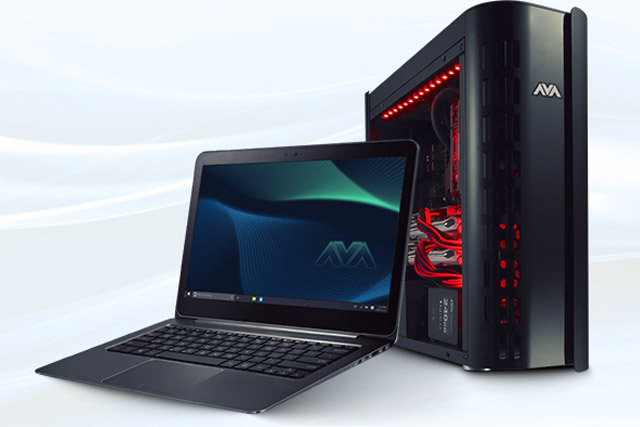
Although a lot of mainstream users have moved over to laptops, two-in-ones, and convertible tablets, there’s still sector of home PC users who need the extra power offered by a desktop. There are also more enthusiast-end, end-users who might like to build an HTPC or office computer without having to un-tick that box for a graphics card and WC-equipped chassis in the usual configurator.
That doesn’t mean you need to build a ‘home’ or ‘business’ system without any grunt to it, though. There are still options for 900 series dedicated GPUs from Nvidia for those at home, and Quadro cards for those building something for the office. Each has a power supply limited to 650 watts, however, to keep the systems efficient.
You’ll have to buy from the newest Skylake generation of CPUs, which while hardly a bad thing, does mean missing out on the potential savings from dropping back a generation and using older stock.
Otherwise, AVADirect is offering the whole enchilada. The new line-up includes mini, mid-sized and full-sized desktop towers, Intel NUC variants, laptops with displays between 14 and 17 inches, home theater and even server PCs. This extremely wide range is broken up into the “Affinity” line for home, and the “Ascendant” line for business. There are some systems that are unique to each line — for example, the Affinity includes a mini-desktop tower, while only the Ascendant line includes workstation towers.
Would you make use of a non-gaming desktop in your home, or do you feel you can get by with a laptop or tablet?
Editors' Recommendations
- Everything you need to know about buying a power supply for your PC
- Here’s everything you need to build a great gaming PC in 2022




